Who will lead FIFA out of the chaos?
Who will restore stability and credibility to world football's governing body? Or will the once-so-proud organisation keep collapsing? An opinion piece by FIFA insider and expert Guido Tognoni.
The FIFA congress on the 26th of February is supposed to answer these initial questions and steer the world association back into calmer waters, after the traumatic experiences of the past year.
This is only possible if the approximately 200 delegates from national associations accept a reform package. It is almost certain to happen, however, given the continuing legal pressure being exerted by US and Swiss authorities.
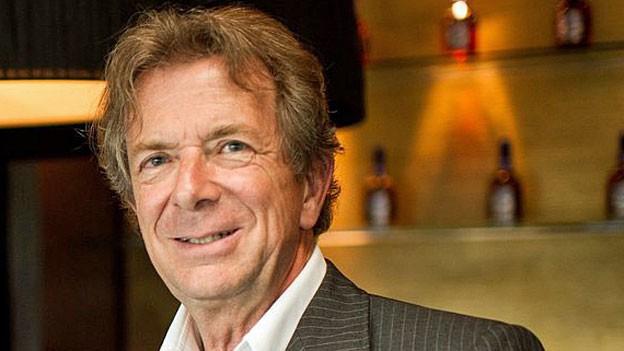
A question of justice
The remaining question is whether justice will once again flex its muscles before the next general assembly and launch further actions to disrupt the big meeting of functionaries in Zurich. There are certainly enough potential reasons to do so.
A lot has happened since the end of May: arrests, exposures, confessions, bans and resignations to an extent that had been deemed impossible before the US and Swiss interventions. Suddenly, FIFA is no longer what it once was – and will most certainly not be again for a long time.
An organisation that for so long considered itself to be untouchable, and had become convinced that it existed on a different planet, has been transformed into a fragile entity. Forced to bow to close monitoring by American lawyers, FIFA has been trying to do everything it can to position itself legally not as the offender, but as the victim of individuals’ mistakes.
That the three most important officials of global football – FIFA President Sepp Blatter, UEFA President Michel Platini and FIFA Secretary General Jérôme Valcke – were removed from their posts, underscores the almost film-like aspect of the drama, authored by members of the association’s very own ethics committee.
Unrelenting Blatter
The absurd view of FIFA’s ousted president, Sepp Blatter, that his actions were not subject to the ethics committee, represents the desperate attempt of a man who glamorously embodied the FIFA brand for four decades to simply ignore the emergence of a new era for the sport is underway.
FIFA’s new era will be quite demanding. Officials are likely to adopt new term limitations, pay transparency and separation of politics and commerce. They also are likely to embrace new definitions of their legal status, a clean administration and greater involvement of all of the football-relevant circles in their decision-making process.
Still more reforms would be likely to reduce the bloated number of FIFA committees, improve the organisation’s development programmes and institute the use of fair bids – basically all of the issues that are vital to the organisation’s healthy development.
FIFA’s home-made crisis
Swiss police arrested nine top FIFA officials in Zurich in May and December last year. Three have been deported to the United States.
Swiss prosecutors have opened a criminal investigation into suspected mismanagement and money laundering related to the awarding of the 2018 and 2022 World Cups to Russia and Qatar.
A criminal investigation is under way in the United States, where 41 individuals – including some leading football federation presidents and FIFA officials – and sports entities have been indicted.
Former FIFA President Sepp Blatter is being investigated over a CHF2 million ($1.98 million) payment made by FIFA to European football boss Michel Platini.
Blatter and Platini, who were subsequently banned for eight years each by FIFA’s own ethics committee, have denied wrongdoing.
All of these issues were grossly neglected in the past, despite the millions of francs that have been spent on the body’s so-called restructuring efforts.
The leadership question
Who can lead FIFA into this new era? Five candidates are in the running, but it seems very likely that the biggest outsider, South African Tokyo Sexwale, will withdraw even before the vote. If Sexwale did campaign for election, it went pretty much unnoticed. The favourites are Sheikh Salman Al-Khalifa from Bahrain and Gianni Infantino from Switzerland, UEFA’s replacement for the banned Michel Platini.
Sheikh Salman, the current president of the Asian Football Association, stands for the rise of the Gulf States, which are keen to flex their economic weight further by putting their imprint on the global sport. Gianni Infantino wants to ensure that FIFA reflects Europe’s role and influence as the athletic and commercial centre of world football. An isolated UEFA would not bode well for the future of the global body; FIFA needs UEFA, but UEFA does not need FIFA.
If Sheikh Salman succeeds in becoming the next president, the organisation’s future would hinge on the diversity of key figures in his administration.
Thoughtful programme lacking in support
Gianni Infantino has promised that if he gets elected, he would increase the world championships’ finals from 32 to 40 teams. It is a plan that provokes consternation among football fans and resistance within the reins of the big club.
The fact that outsider Jérôme Champagne, who will need every single vote he can muster to survive the first round, does not use such campaign slogans says a lot about him. Just like his well thought-out programme – which one does not have to entirely agree with, but shows a lot of understanding for global football’s problems.
The Frenchman advocates for more financial compensation that bridges the widening gap between rich and poor clubs. However, as a somewhat solitary fighter, Champagne does not have a solid power base that can match what Salman has in Asia, or Infantino in Europe.
This leaves Ali Bin Hussein from Jordan. In the last election, the prince managed to get 73 votes. It is very unlikely, however, that he will be able to repeat this performance. In May 2015, UEFA supported Prince Ali as a protest candidate against Sepp Blatter. Since the ban against Blatter, there is no longer the need for any such protest vote.
The vote count
The most important question now is who might benefit from Prince Ali’s share of votes if he is knocked out of the running – perhaps Salman or Infantino?
In the final analysis, every vote counts. It will be a huge leap for either of those two candidates to move beyond their circle of support and into the ‘finals’ where a majority vote among the 209 associations is needed. It’s likely to be a tight election unless the top two candidates were to join forces at the last minute.
A new regime of FIFA leadership, perhaps with Salman as president and Infantino as CEO, offers a pragmatic solution. As of yet, neither candidate favours such a solution. But the election campaigns are still underway. A lot can happen before the vote on Friday the 26th of February – anything from more police stings to two favourites agreeing to share powers within a newly reformed FIFA.
The views expressed in this article are solely those of the author, and do not necessarily reflect the views of swissinfo.ch.
Opinion series
swissinfo.ch publishes op-ed articles by contributors writing on a wide range of topics – Swiss issues or those that impact Switzerland. The selection of articles presents a diversity of opinions designed to enrich the debate on the issues discussed.

In compliance with the JTI standards
More: SWI swissinfo.ch certified by the Journalism Trust Initiative

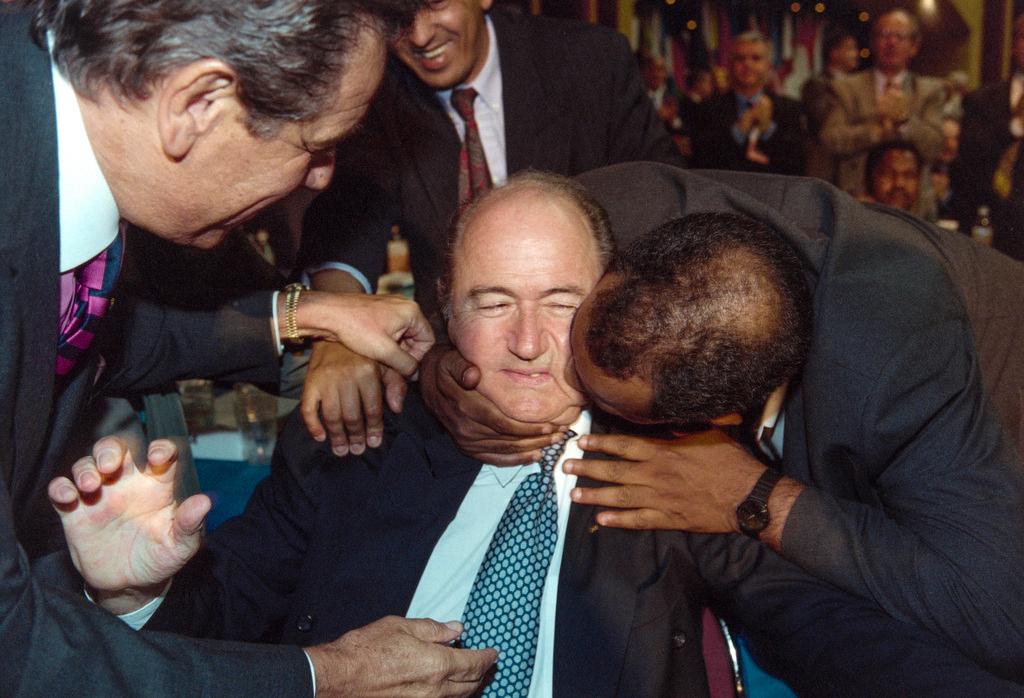

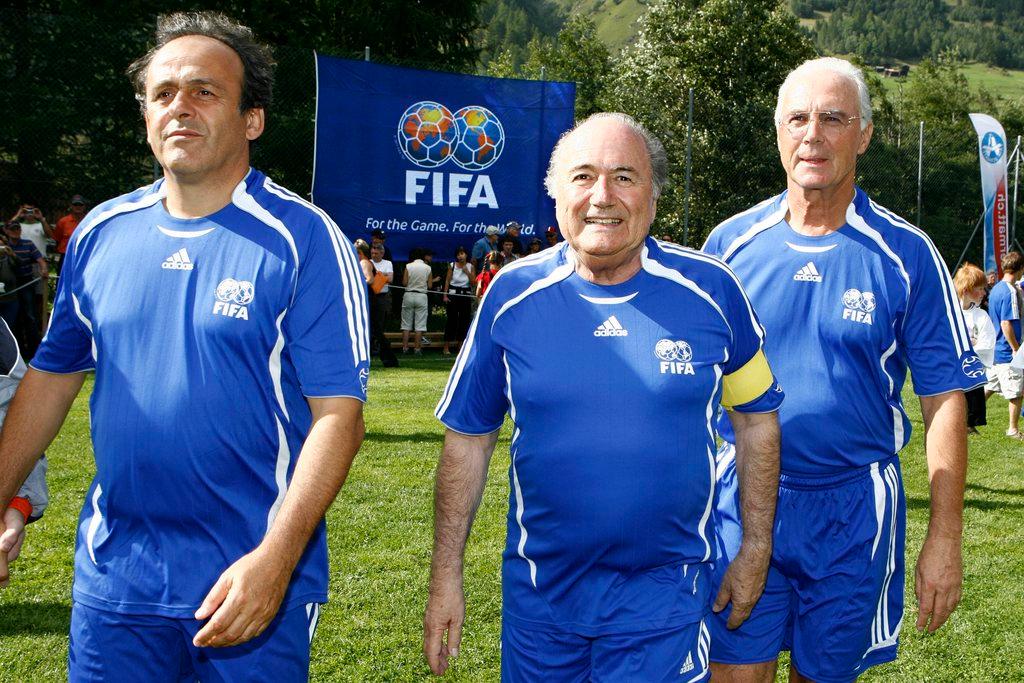

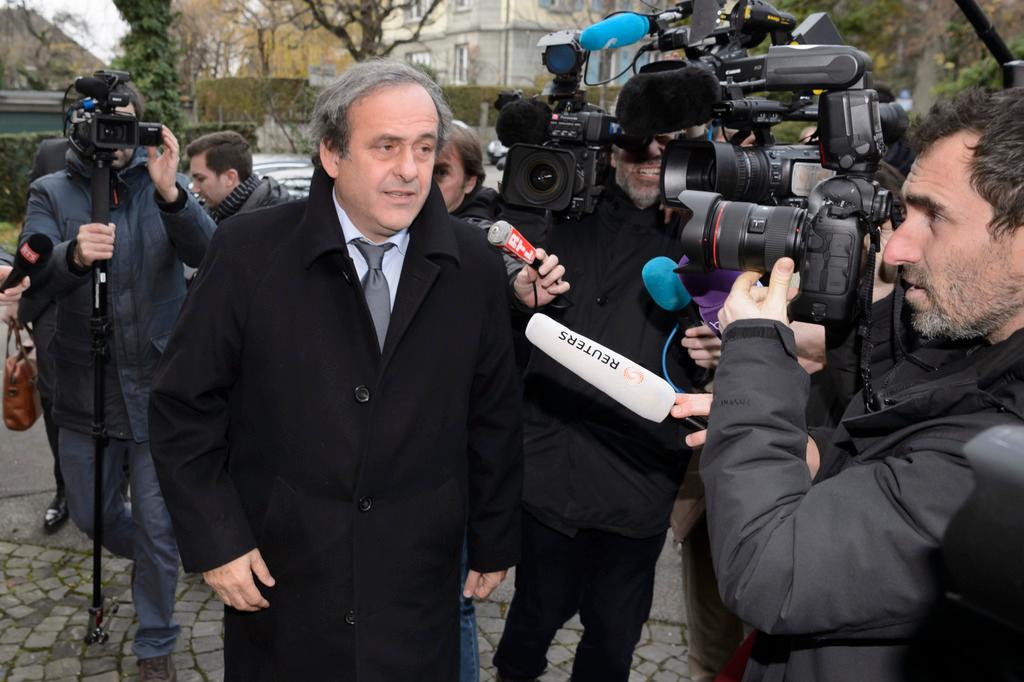
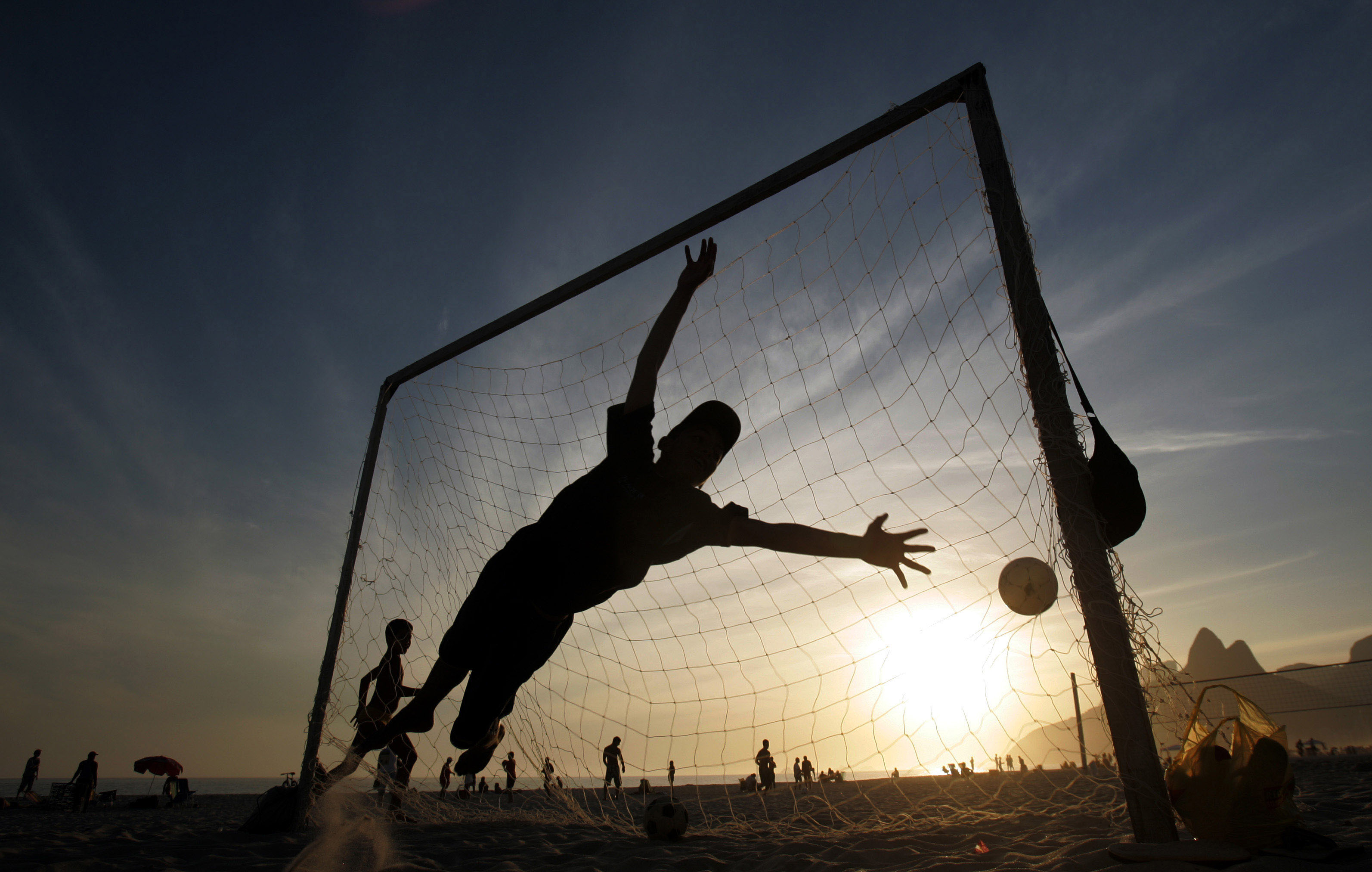
You can find an overview of ongoing debates with our journalists here . Please join us!
If you want to start a conversation about a topic raised in this article or want to report factual errors, email us at english@swissinfo.ch.